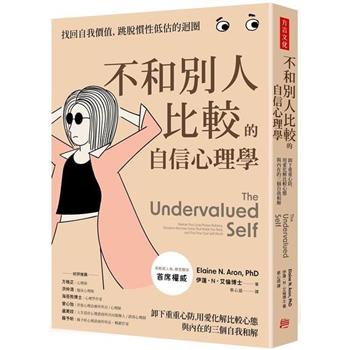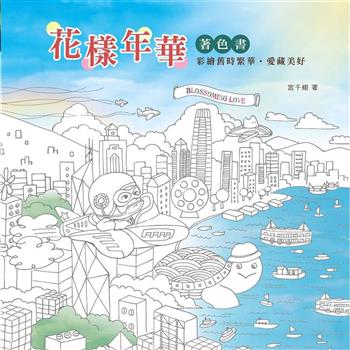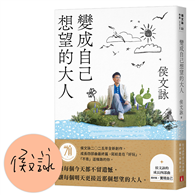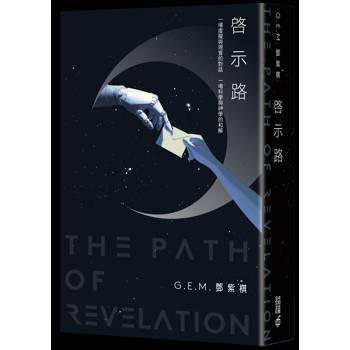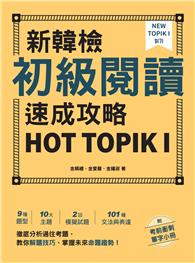| FindBook |
有 1 項符合
Philosophy for Young Children:A Practical Guide的圖書 |
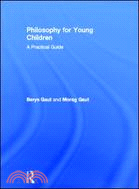 |
Philosophy for Young Children:A Practical Guide 作者:Berys Gaut and Morag Gaut 出版社:Routledge 出版日期:2011-08-19 規格:24.6*18.9cm / 初版 / 128頁 |
| 圖書館借閱 |
| 國家圖書館 | 全國圖書書目資訊網 | 國立公共資訊圖書館 | 電子書服務平台 | MetaCat 跨館整合查詢 |
| 臺北市立圖書館 | 新北市立圖書館 | 基隆市公共圖書館 | 桃園市立圖書館 | 新竹縣公共圖書館 |
| 苗栗縣立圖書館 | 臺中市立圖書館 | 彰化縣公共圖書館 | 南投縣文化局 | 雲林縣公共圖書館 |
| 嘉義縣圖書館 | 臺南市立圖書館 | 高雄市立圖書館 | 屏東縣公共圖書館 | 宜蘭縣公共圖書館 |
| 花蓮縣文化局 | 臺東縣文化處 |
|
|
- 圖書簡介
With this book, any teacher can start teaching philosophy to children today!
Co-written by a professor of philosophy and a practising primary school teacher, Philosophy for Young Children is a concise, practical guide for teachers. It contains detailed session plans for 36 philosophical enquiries - enough for a year’s work - that have all been successfully tried, tested and enjoyed with young children from the age of three upwards.
The enquiries explore a range of stimulating philosophical questions about fairness, the environment, friendship, inclusion, sharing, right and wrong, manners, beauty, pictures, the emotions, dreaming and reality. All the stories, drawings and photographs that you’ll need to carry out the enquiries are provided and can be used with your children directly from the book.
Each step-by step enquiry includes:
The philosophical topic and the aim of the enquiry
The stimuli you’ll need
Questions to ask the children
Possible answers to help move the discussion forward
Ideas to help you summarise and extend the enquiry.
If you are an Early Years or primary school teacher, this complete resource will enable you to introduce philosophy to your children quickly and with confidence. - 作者簡介
Berys Gaut is Professor of Philosophy at the University of St Andrews, UK.
Morag Gaut is a teacher at Anstruther Primary School, Fife, UK. - 目次
Introduction 1. Political Philosophy: Fairness and Rules * The Teddy Bears’ Picnic – Fairness: Equality versus Need * Gavin Builds a Sandpit – Fairness and Refusing to Help * The Animal Snack – Sharing Fairly and Prudence * School Rules – Obeying the Rules 2. Environmental Philosophy: Green Land, Waste and Recycling * Greenhill Village – Use of Green Land * Emerald the Elephant – Wasting Water * Benny the Bin – Recycling 3. Social Philosophy: Friends and Relationships * Teddy’s Friends – Characteristics of a Good Friend * William and Arthur – Friendship and Sharing * Emma and Sally – Cooperation * Maisie the Sheep – Being Different from Others * Big Teddy’s New School – Inclusion 4. Ethics: Virtues and Vices * Sam’s Kind Day – Kindness * Kirsty – Telling the Truth * The Magic Words – Saying Thank You * Teddy Scrooge – Giving Presents * The Selfish Hippo – Selfishness * Charlotte the Lazy Caterpillar – Laziness * Pancake the Greedy Rabbit – Greed 5. Aesthetics: Beauty, Pictures and Stories * Beautiful Things – Beauty * Cats – Photographs and Drawings * A Walk on the Beach – Fantasy and Realistic Stories * The Cave Monster – Enjoying Scary Stories 6. Philosophy of Mind: Emotions, Beliefs and Persons * Patch and his Friends – Anger * Rabbit and Mouse – Fear * Happy Suzy – Happiness * Sad Teddy – Sadness * Andy’s Accident – Pain * Giants – Pretending and Believing * Isaac the Robot – Persons * 7. Epistemology: Dreams and Illusions * Milly’s Bad Dream – Things in Dreams Do Not Really Happen * Dreaming of School – Are You Dreaming Now? * A Stick in the Water – Visual Illusions * 8. Metaphysics: What is Real? * Angus the Cat – Do the Animals in a Story Really Exist? * Numbers – Are Numbers Real? * Theseus’s Ship – When are Things the Same? Further Reading
|

